How do you normally react to work stress, illness, financial hardship or relationship difficulties?
Many of us instinctively fight negative experiences, thinking that it’s not what should be happening, not good enough or not what we expected or wanted.
Have you a harsh self critic? that preoccupies…
Do you tend to get stuck in harsh judgement and negative automatic thought patterns? where you go around and around…

with thoughts about blame, what needs to be changed and how things could be different.
The problem with getting stuck in this rumination is that the present moment with all its choice and potential is missed.
Have you a harsh self critic? that sabotages…
The tendency to find fault with ourselves when things go wrong: “What’s the matter with me!?” “How come I keep getting into these situations?” just adds stress to our lives and the critical self-talk defeats us before we know what’s happening.
But what would happen if, instead, you took a moment to simply accept the actuality of the situation and your reaction to it, without getting lost in judgement, fixing and thinking.
Mindfulness… paying attention… on purpose… non-judgmentally… to the present

The practice of Mindfulness teaches us to pay attention, deliberately and without judgement, to what is going on in the environment, our bodies and minds just as it is without adding anything to it or taking anything away from it.
The truth is that problems and difficulties are part of life. How we handle those stressful things makes the difference between adding to or reducing our irritation, frustration and suffering. Becoming more aware and accepting reality just as it is allows us to respond more skilfully and more lightly to our lives.
How we interpret the event makes ALL the difference and how we speak to ourselves
Mindfulness also encourages us to be gentle and compassionate with ourselves and one another rather than harsh and critical. What difference would it make if you took a moment to calm and comfort yourself when you felt bad, just because you felt bad, much like you’d do for others?
Self-compassion is actually a courageous mental attitude that stands up to harm, the harm that we inflict on ourselves every day by overworking, overeating, over thinking, and overreacting. Self-compassion nurtures emotional strength and resilience, it encourages us to recover faster from disappointment, to admit our limitations, let ourselves off the hook, and respond to ourselves and others with humanity and care and respect. After all, to err is human.
Did you know that Self Compassion improves Emotional Wellbeing?
Research shows that self-compassion greatly enhances emotional wellbeing, it boosts happiness, reduces anxiety and depression. It can even help you stick to your diet and exercise routine.
So, why not give it a try? The next time you are struggling or disappointed or let down why not try letting yourself feel it fully, instead of grabbing a drink or over eating or over-working or whatever you do to run away. Then, give yourself the same caring attention and comforting you would give your child or a friend when they were hurting just because it hurts and you feel bad.

If you are interested in learning more about self compassion training, have a look at our Mindful Self Compassion Course here. Most people find that they need to attend a Course for support and guidance in training and developing new skills.





